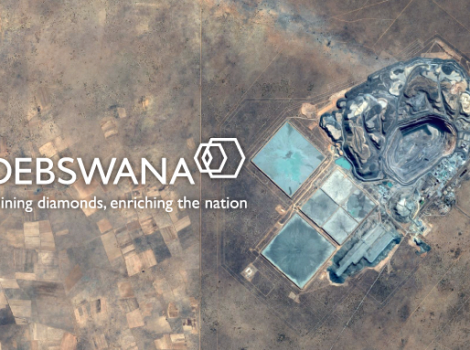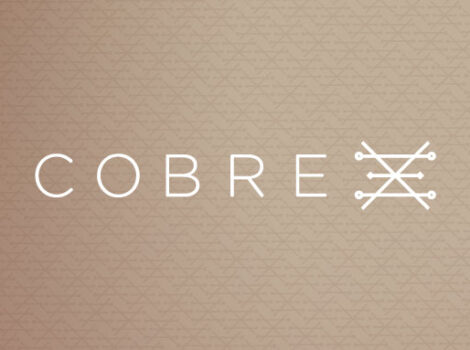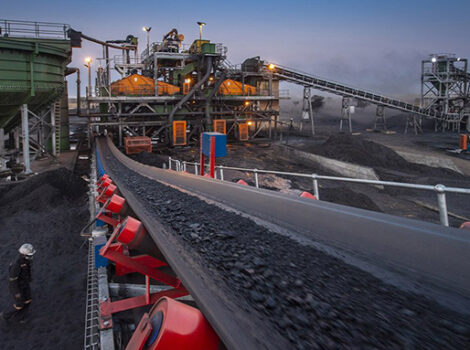
Just when it looked like Botswana had hit ‘peak diamond’, Vancouver-based Lucara Diamond announced in April that it had recovered a 1,758 carat diamond from its 100% owned Karowe Mine in the east of the country.
This is one of the largest diamonds recovered in history and the largest ever found in Botswana. It is the second time in four years the mine has recovered a stone of more than 1,000 carats. Lucara snagged the 1,111 carat Lesedi La Rona stone, which at the time was the third largest diamond ever found and the second largest of gem quality, in 2015.
The Lesedi La Rona (‘Our light’ in Tswana) was bought by British jeweller Graff in 2017 for US$53 million. It was later cut into one stone of 302 carats and 66 smaller stones. These stones were reportedly sold for more than three times the purchase price.
Botswana’s regulatory stance
Speaking at the Junior Mining Indaba in Johannesburg recently, Botswana Chamber of Mines CEO, Charles Siwawa highlighted Lucara’s find as one of the successes stemming from the government’s mining-friendly regulatory stance.
“What’s interesting about this diamond is that it was discovered by a junior miner, not one of the majors.”
The latest Lucara find is so large and rare that it is difficult to value. By way of comparison, the famous 3 106 carat Cullinan Diamond, recovered in 1905 from the Premier mine in Cullinan outside Pretoria, is the largest gem-quality stone ever recovered and is reckoned to have a value of more than $2 billion today. That stone is now known as the Great Star of Africa and is nestled in England’s royal sceptre on display at the Tower of London.

Click image to enlarge.
More big finds expected
Lucara CEO, Eira Thomas says the recovery of two stones larger than 1,000 carats in four years affirms;
“the coarse nature of the resource and the likelihood of recovering additional, large, high-quality diamonds in the future, particularly as we mine deeper in the [Karowe] orebody”.
The company has recovered 1.4 million carats at Karowe since commissioning its diamond recovery plant in 2015.
Earlier this year, Botswana’s Orapa mine announced the discovery of a 41.11 carat ‘fancy blue’ diamond, which was then cut into a 20 carat polished stone of extreme rarity due to its unique colouration. The diamond has been named Okavango Blue and is expected to be sold later this year for a record price for a stone of this rarity. Orapa is the world’s largest diamond mine by area and is jointly owned by De Beers and the Botswana government. In 2018, it produced 12.2 million carats.
Exploration licences
Botswana has issued more than 1 000 exploration licences in recent years for commodities ranging from gold and diamonds to copper, nickel, iron ore and manganese. The government has the right of first refusal to acquire 15% equity in any promising discovery. Exploration licences are easily obtained and generally issued within a month of application.
Coal mining has taken off in the country, with much of the product finding its way to SA for sale to coal traders and exporters.
“Our coal deposits are not as good as those in the Democratic Republic of Congo or Zambia,” says Siwawa, “but they are profitable, provided you do robust feasibility studies and keep your costs in the lower quartile of the cost curve.”
The development of the Trans-Kalahari railway line, linking Botswana to SA and Namibia, was put on ice nearly a decade ago when coal prices slumped. The project was conceived during the previous commodity super cycle when coal prices shot above $130 per ton, but was shelved as prices then fell to around $50 a ton. The project appears to have been revived to reduce the costs of exporting coal. Botswana is reckoned to have about two-thirds of all Africa’s coal reserves.
Source: moneyweb.co.za



